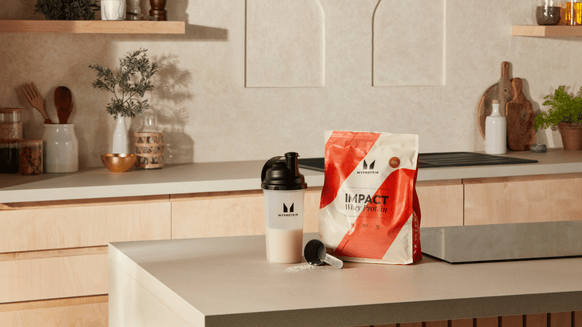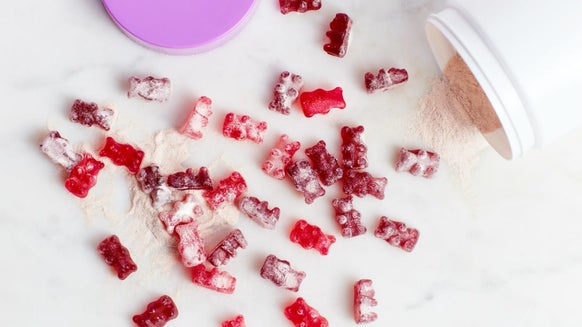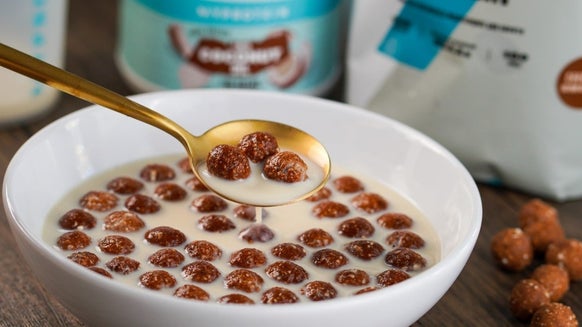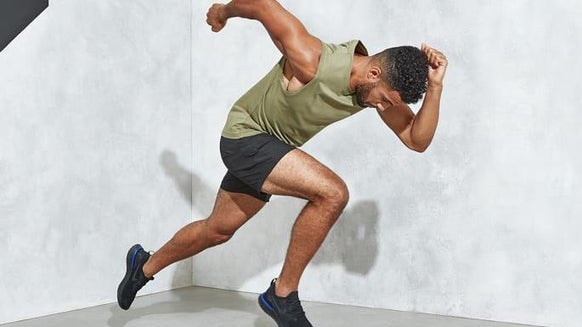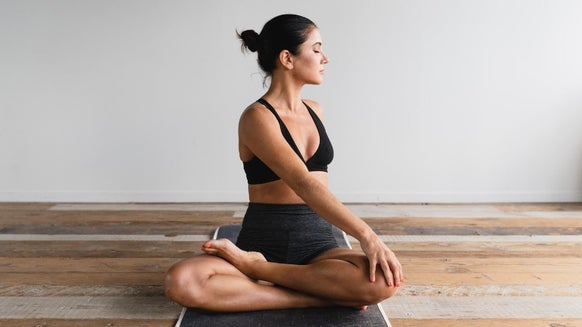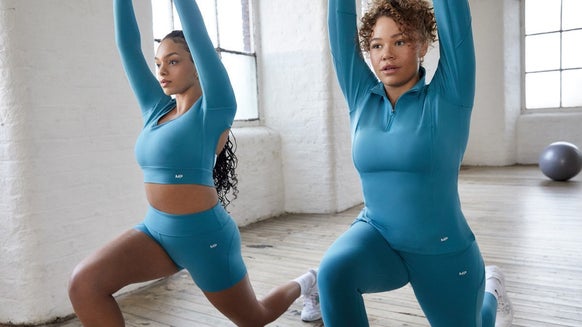
An Olympian's Food Diary

On a typical training day, what do you tuck into?
I'm quite relaxed with what I eat, I just make sure I eat the right foods. Protein after training is a must, recovery is essential, I can't afford to be injured.
For breakfast, I’ll have cereal or toast with eggs and salmon then maybe a banana an hour before training. I don't tend to snack mid-training as I need the time to digest, so I’ll have an energy drink, then afterwards I’ll make sure I have a protein shake and carbs. For dinner, I will eat pretty much anything, from spaghetti bolognese, steak, salmon and veg - I have a normal diet.
What's your go-to cheat meal?
Hmm, I have a fair few! I love meat and I am a big pizza fan, I'd probably go for a meat feast pizza, they're the best.

How many shakes do you have per day and what's your favourite flavour?
I have one immediately after training (within the hour) and sometimes I have a high pro bar- so tasty! I tend to use impact whey isolate due to the fast absorption rates. I can't get enough of the chocolate flavour, it's so good!
What can the average gym-goer learn from your diet and training plans?
Don't be strict. It's a lifestyle, not a chore. You should eat whatever you like, in moderation, that way you will keep eating healthier for a longer period of time as opposed to fluctuating. If you're exercising pretty much every day, you can get away with eating junk food every now and again - just make sure you work hard the next day!


